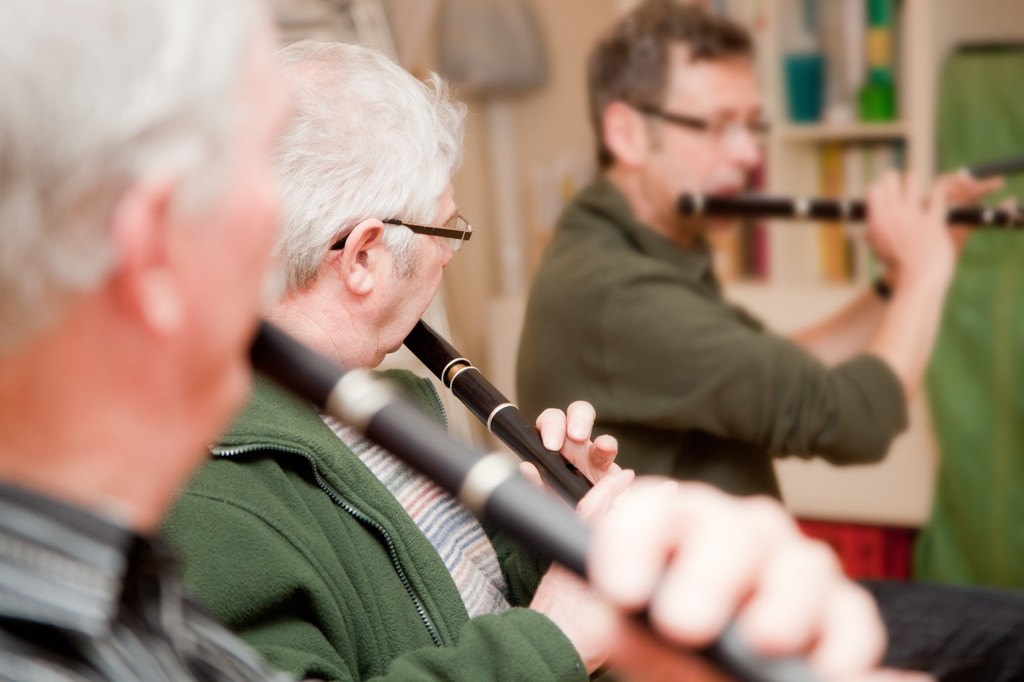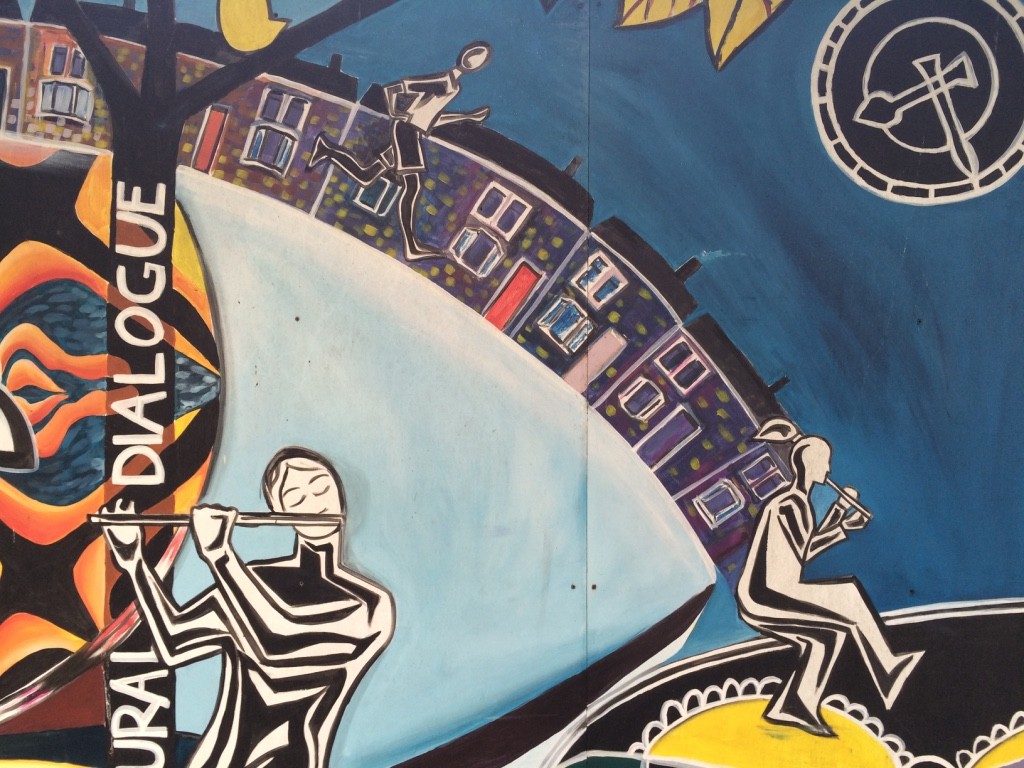FluteFling returns to Edinburgh this Autumn with a series of three workshops on traditional flute and whistle playing led by Gordon Turnbull. The afternoon workshops will take place at Tribe Porty in Portobello and evolve out of both the successful regular fortnightly classes that had previously taken place up to 2015 and the popular ongoing all-day annual Scottish Flute Day events that will return in 2017.
The workshops will take place on:
- Saturday 8 October
- Saturday 19 November
- Saturday 17 December
There will continue to be a relaxed, supportive and informal style to the teaching, which will not only help develop repertoire from Scotland, Ireland and beyond, but also focus on aspects of technique. As before, the workshops are open to adults already playing whistle, low whistle or wooden flute in D as well as metal classical flutes (Boehm sytem).
Musicians returning to the instrument after a break are most welcome, but the workshops are unfortunately not suitable for complete beginners at this stage.
You can find out more about the workshops on the dedicated page of the reorganised web site, including online booking details.
I hope to be able to accommodate beginners in the near future; if interested, please get in touch and also sign up to the FluteFling Newsletter





 This week we covered the Laridé de Portobello, a nine-part piece for flutes, whistles and other folk instruments based on a traditional Breton two-part tune that had no name. This is a tune I have taught previously and the intention of the multiple parts is to encourage group play, improvisation and performance. With the end of a term of hard work coming up, it’s good to focus on such things.
This week we covered the Laridé de Portobello, a nine-part piece for flutes, whistles and other folk instruments based on a traditional Breton two-part tune that had no name. This is a tune I have taught previously and the intention of the multiple parts is to encourage group play, improvisation and performance. With the end of a term of hard work coming up, it’s good to focus on such things.